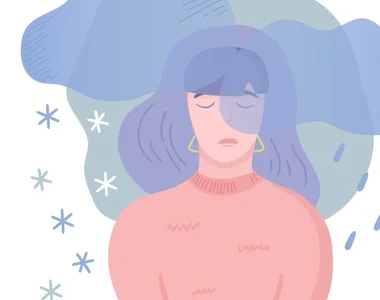
Self-esteem is a term often associated with how we value ourselves, but have you ever thought how much this is influenced by what others think of us? Recent studies show that self-esteem is not just a personal matter; it is deeply rooted in our social relationships and the perceptions we have of the opinions of others.
A brain-scanning experiment revealed something surprising: people with low self-esteem have more active brain areas when faced with negative comments from others. These areas, known as the prefrontal cortex, seem to "mirror" the thoughts of others. Conversely, people with high self-esteem have more independent activity, as if to say, "I don't base myself on what other people think."
But why does this happen?
Psychologists explain that this phenomenon is rooted in the way we develop our self-concept from childhood. For example, if a parent always praises the child for good behavior, the latter begins to think of himself as a "good child." Also, throughout life we ??form self-esteem based on the reactions of people around us.
Social media is a perfect example of this: how many times have we felt a blow to our self-esteem from a negative comment or compared ourselves to a perfect persona online? A recent analysis showed that excessive use of social networks is directly related to lower self-esteem, especially due to open comparisons and criticism.
So what should you do if you realize that the opinions of others are influencing you too much? Start working to break free from this social addiction. Find your strengths, based on your values ??and not on the approval of others. Remember that healthy self-esteem is not a reflection of what others think of you, but of how you see and feel about yourself.
Your brain can create "unique patterns" that reflect more independence and self-confidence. Start now: prioritize your opinion and let others think what they want. Ultimately, you are the one who has the power to control your self-esteem. Think: who is writing the story of your self-esteem? You or others?
Suggested articles:







